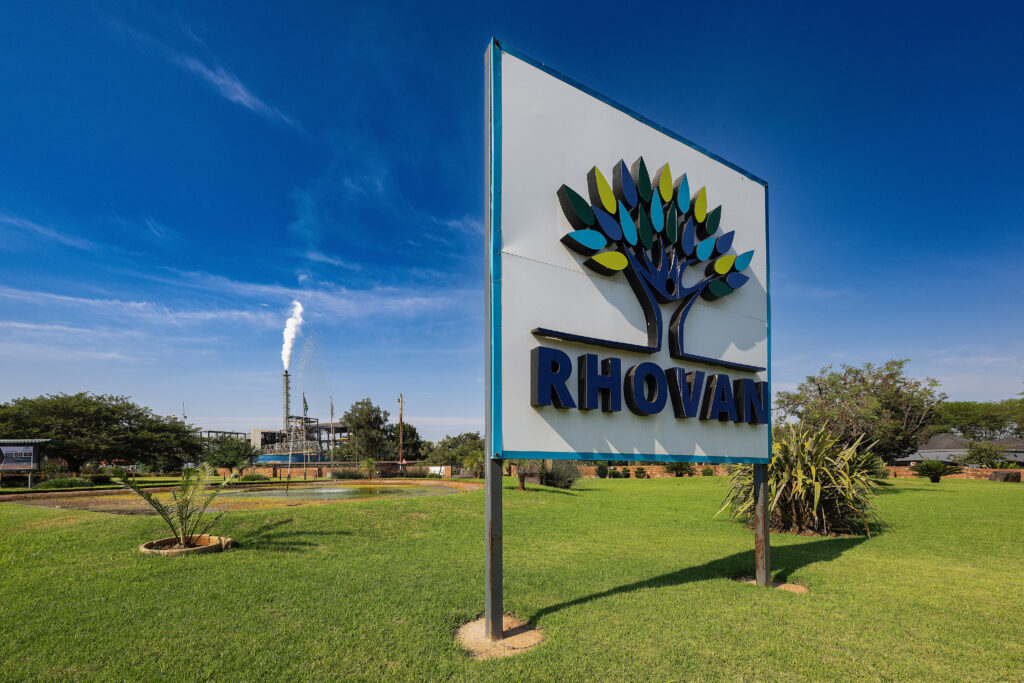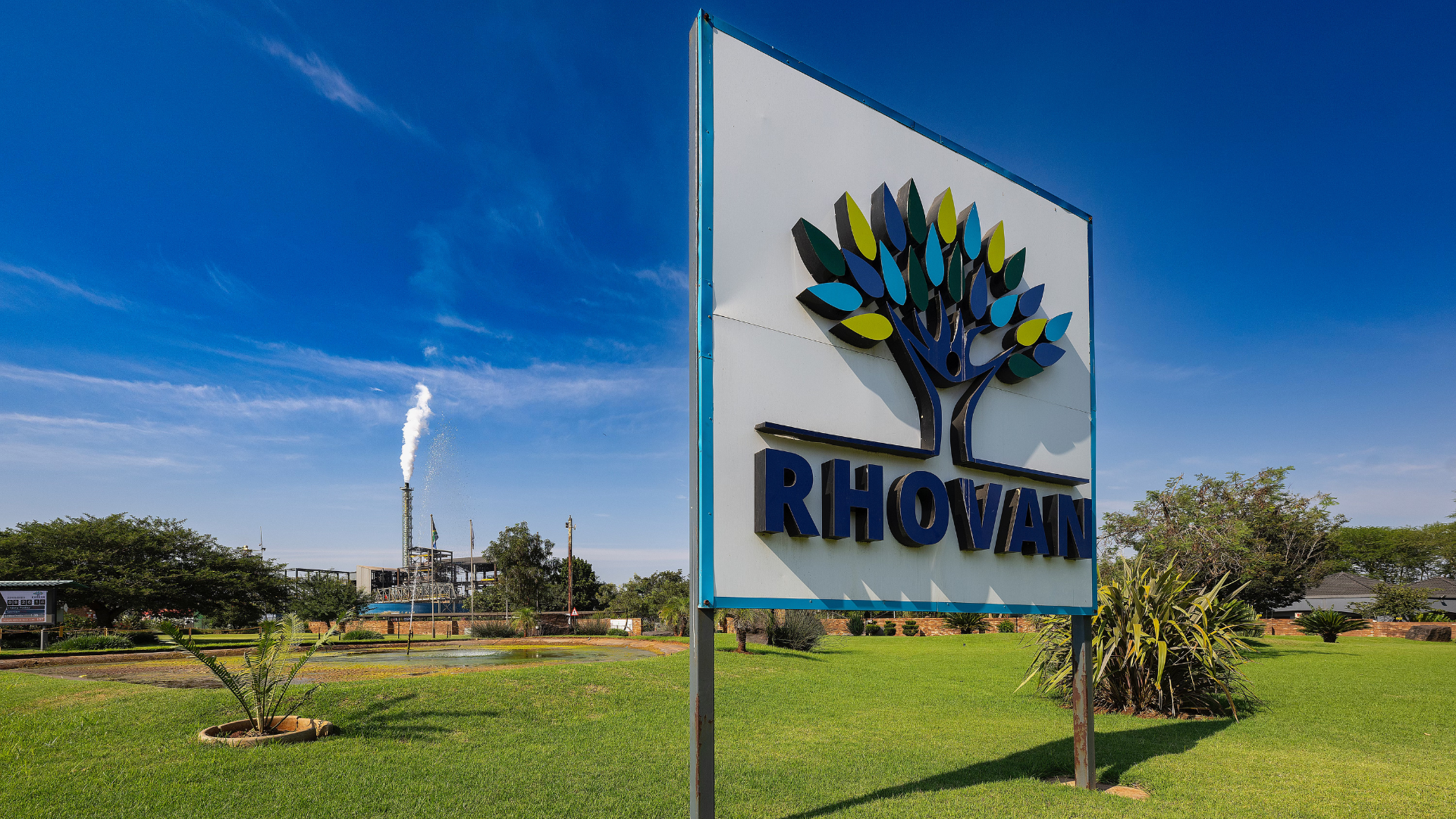Rhovan, a Glencore Ferroalloys managed vanadium mining and processing facility located near Brits in the North West province, South Africa, has commenced construction of a 25MW solar photovoltaic (PV) plant. Once completed, the energy produced by the PV plant will be fed into Rhovan’s network and is expected to supply approximately 30% of the operations’ annual energy demand. The reduction in grid-supplied electricity is expected to save over 48,000 tonnes per year in CO2e emissions at the plant.
“We are very excited to announce this development at our Rhovan mine. Not only does our mine produce a range of vanadium products that can be used in applications that support a low-carbon economy, but by installing a solar plant that will supply renewable electricity to our operation, we are reducing the mine’s overall emissions footprint,” explains Japie Fullard, Glencore Ferroalloys CEO.
The solar project was conceived in keeping with Glencore’s Purpose of responsibly sourcing the commodities that advance everyday life and supports Glencore’s broader climate strategy aimed at reducing Scope 1 and 2 emissions from its industrial operations in line with its short- and medium-term targets. Glencore’s commodity portfolio supports the transition to a low-carbon economy, while helping meet society’s current energy needs as it progresses through the transition.
Supporting the transition to a low-carbon future, however, is not just about reducing emissions and leveraging more green technology, but also involving communities and supporting their economic development.
“Rhovan has already consulted with the Bakwena- Ba- Magopa Community in South Africa’s North West province where the operations are situated. The community will be further engaged, and local small and medium sized enterprises will be contracted to assist in the construction and installation of the solar plant,” adds Fullard.
The solar project at Rhovan aims to further strengthen the sustainability efforts of Rhovan’s operation, reinforce its long-term commercial viability, and help it play its part in supporting a lower carbon, more just future. Work has already commenced on the project, with the commissioning planned for late 2024.



